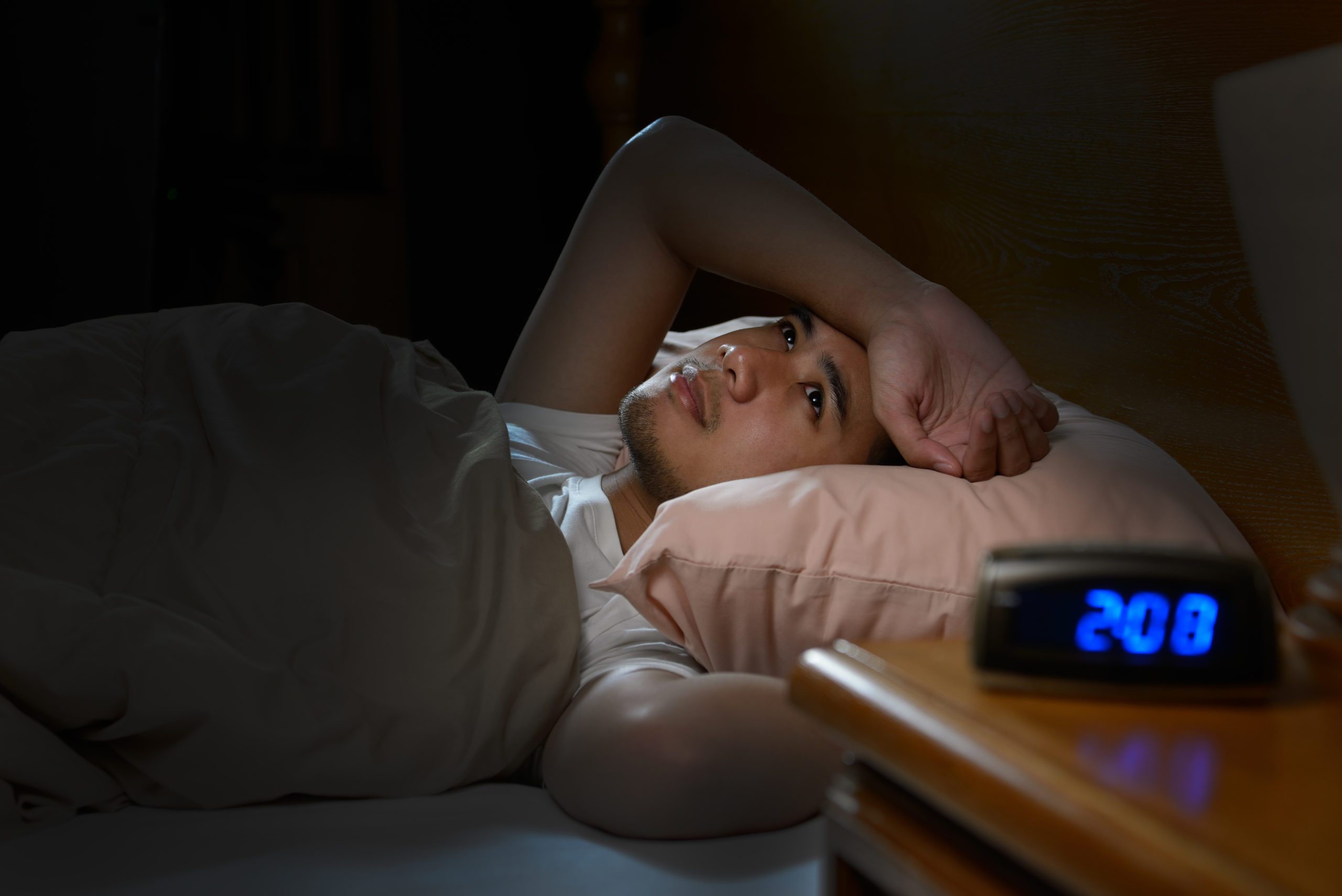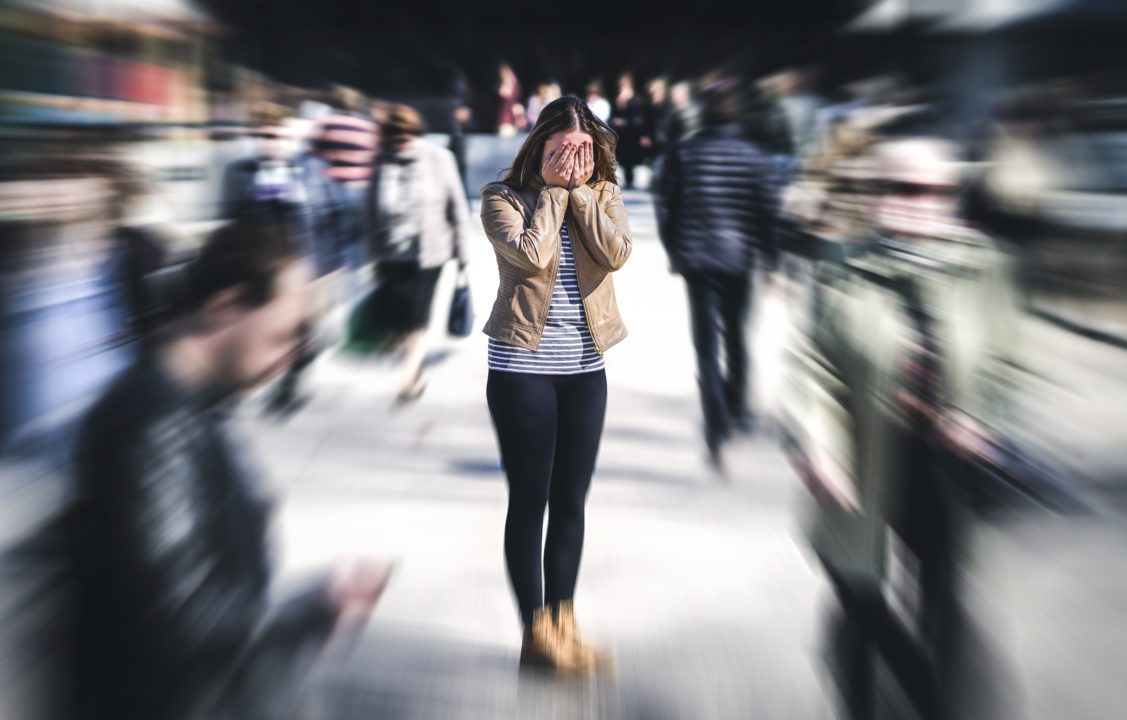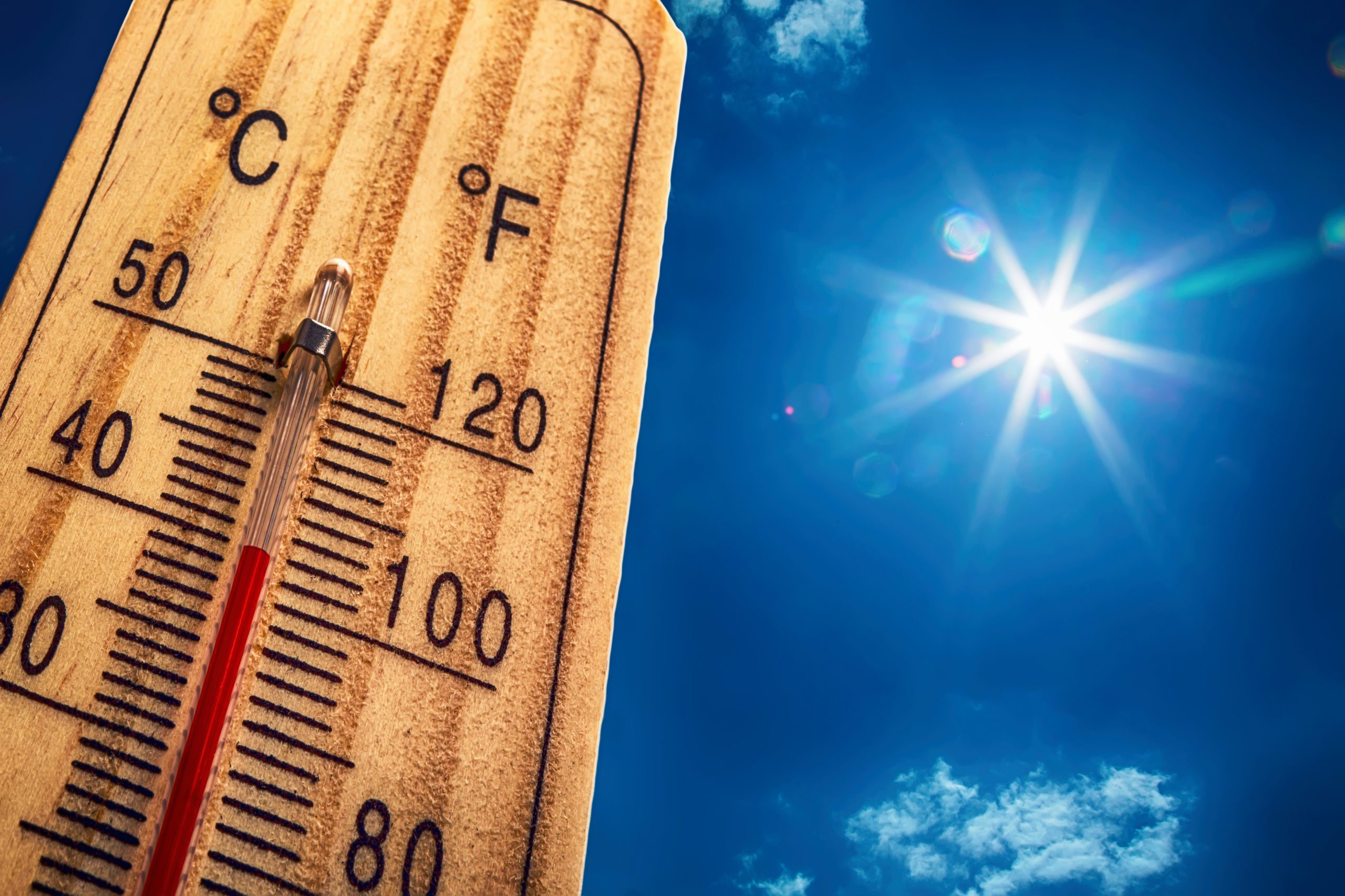If you’ve been following our blogs, then you know we’ve covered the topic of panic attacks before. But these feelings can rear their heads in many ways. One very common occurrence happens in the dead of night; literally rattling you into a crippling state of fear and anxiety. It is important to not downplay the reality of nocturnal panic attacks (also known as NPA’s), which recently received some coverage on the website, Medical News Today.
We’ll start by differentiating an NPA from a nightmare. For one thing, nocturnal panic attacks do not happen in the dream state and usually occur when you are quiet in bed. Typical symptoms can include difficulty breathing, intense sweating, dizziness and nausea. The nighttime version is unique, as it is often accompanied by an acute fear of dying.
Just like daytime panic attacks, these happen suddenly and can be quite intense. Medical News Today reports that they typically reach a peak after 10 minutes and have a much different come down effect (sometimes forcing a person to lose sleep for the remainder of the night).
They can also represent built up emotions from a stressful day. For example; if you suffer from social anxiety disorder and spent that afternoon in an uncomfortable situation, the emotions could be delayed and come shooting back to you deep into the night.
Not a lot of research has been done into NPA’s, but experts do tend to agree that most sufferers have also experienced a daytime panic attack at some point in their life. People may also develop a fear of sleep, with the mistaken idea that it could return once they close their eyes and begin to dream.
Medical News Today did offer some nice coping mechanisms for those who may have suffered through this. Quick recovery methods can include deep breathing, getting up to slowly sip a glass of water and doing light exercise. If you share your bed with a loved one, talking to them and seeking comfort can also be helpful.
Talking about these types of issues with a professional can also be extremely beneficial. At Inneractions, we have counselors and group sessions devoted specifically to anxiety and the stresses of panic attacks. Whether you suffer at night, in the morning or anytime in between, know that there is always a road to healing and wellness.




